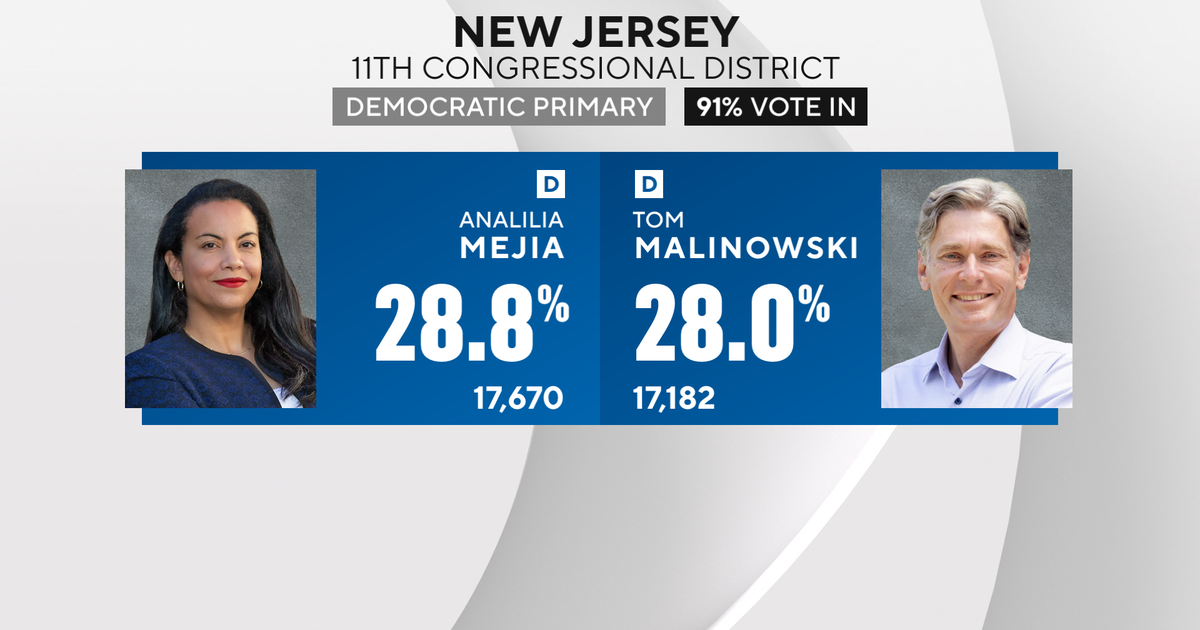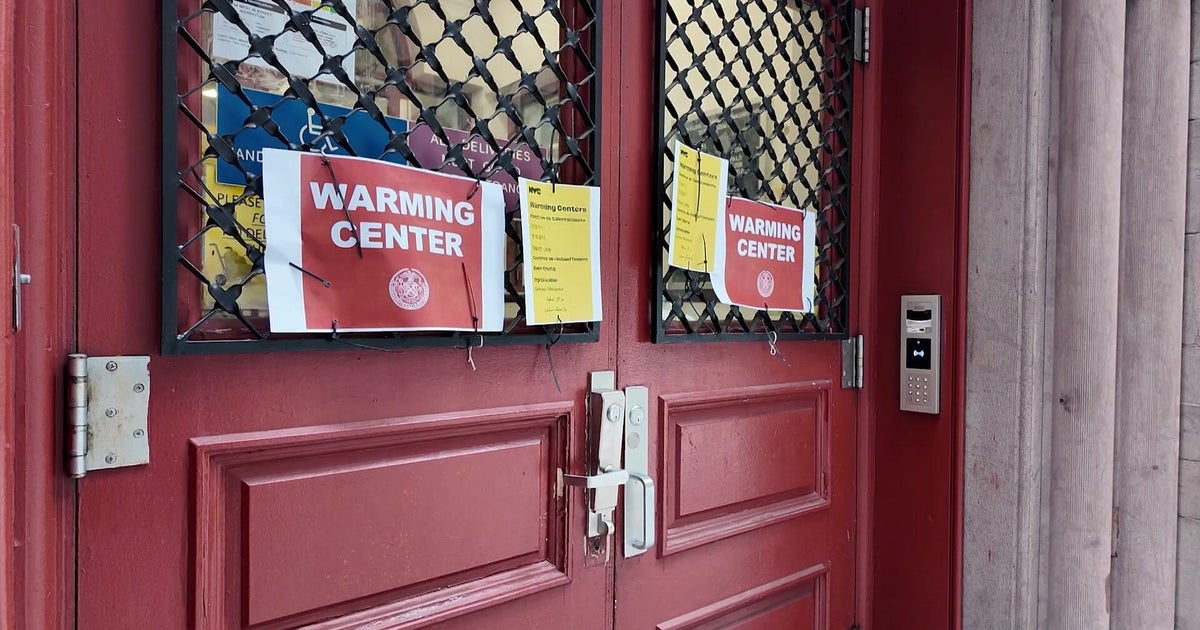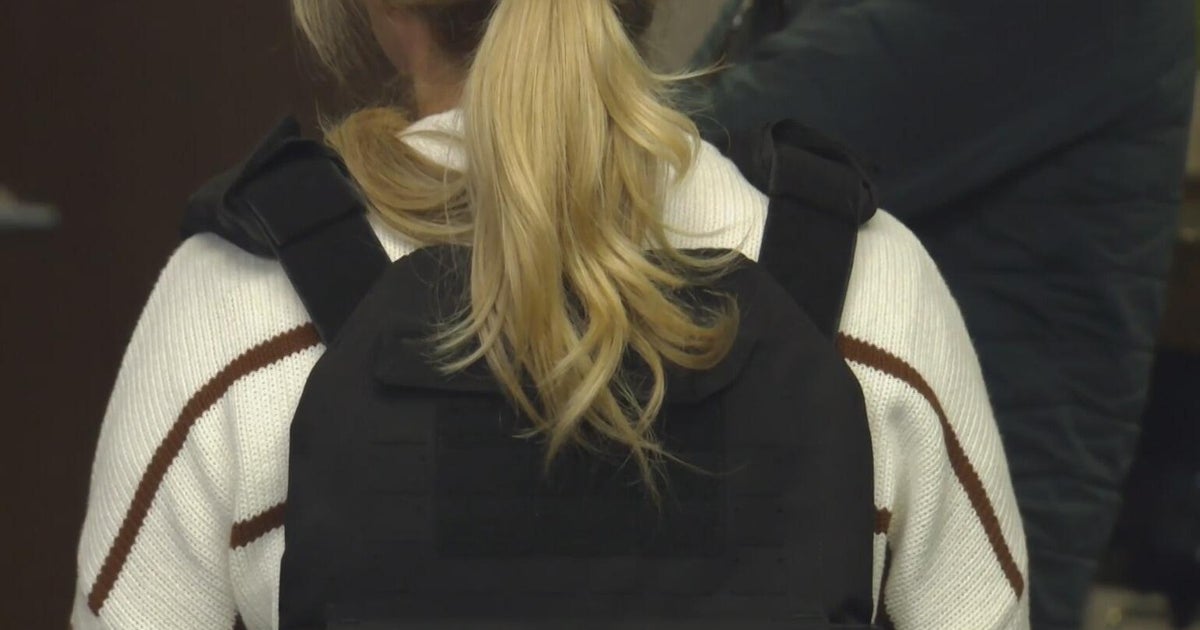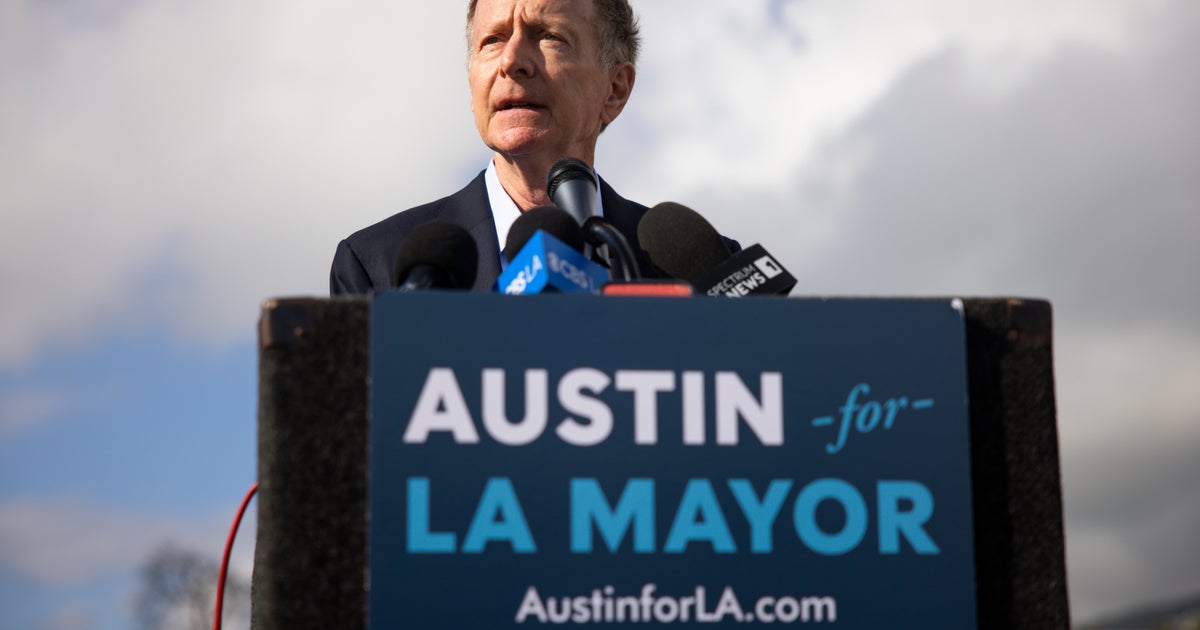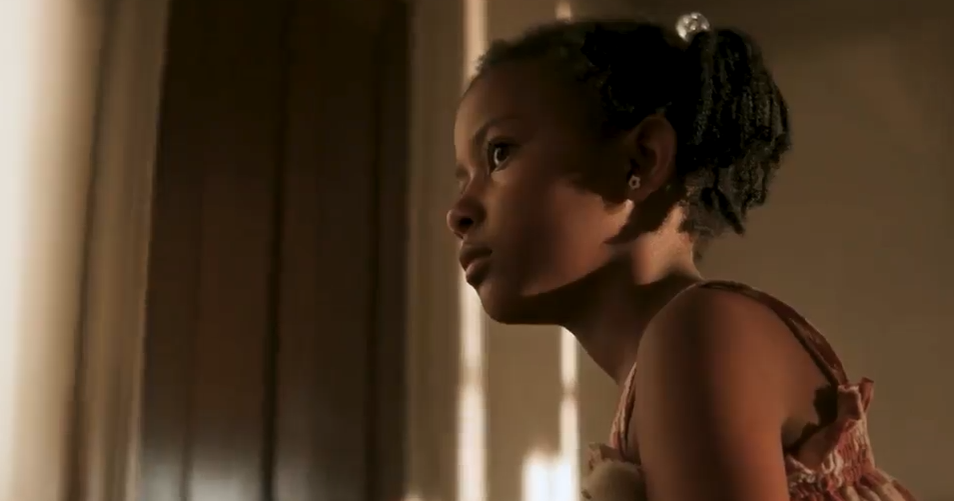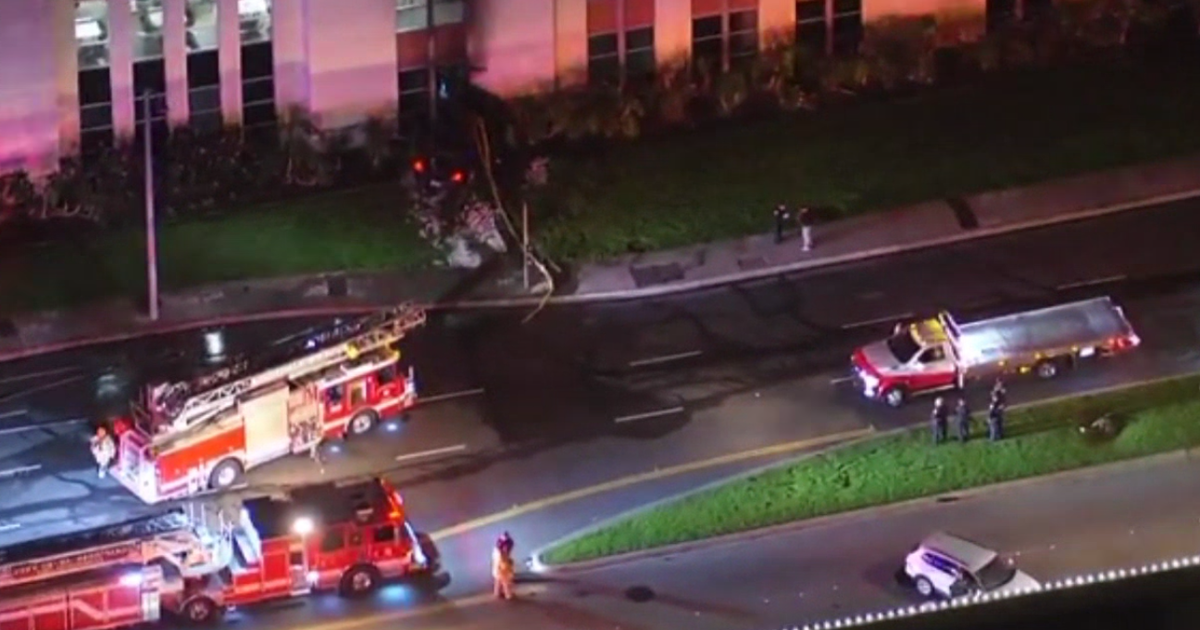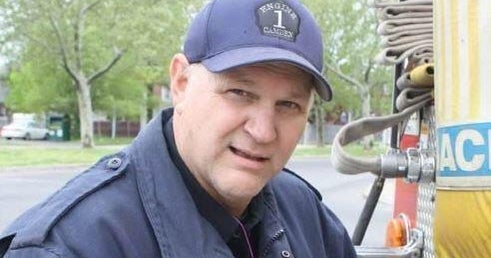Analysis: Conservatives Cautious On 2012 Pick
WASHINGTON (AP) -- Conservatives are fired up to defeat President Barack Obama. Now the hard part: finding their candidate.
A year until the Iowa caucuses, this important part of the GOP base hasn't rallied around any one person and it doesn't seem all that enthusiastic about its options -- even though more than a dozen Republicans, and counting, are considering candidacies.
The polite -- but hardly overwhelming -- receptions for auditioning Republican hopefuls and the wary voices in the audience at the annual Conservative Political Action Conference this week underscored the challenge facing those weighing bids and the predicament facing a GOP searching for a nominee strong enough to overtake an incumbent president.
Such restiveness among conservatives also portends a volatile and unpredictable nomination race as Republicans with similar policy positions try to convince skeptics they alone can unite a cultural, economic and security-focused right -- and win.
"I know what I'm looking for, but I haven't found the whole package yet," says CeCe Heil, an attorney in Virginia Beach, Va. "My candidate would be a mixture of what we've got. If you took a little bit of each one, that would be my candidate."
So, what does the GOP base want?
Ask anyone attending the gathering, and you'd hear something like this: a dynamic conservative with a backbone who can win.
"That's it. But there's nobody who meets that criteria," added Bill Hemrick, a Nashville, Tenn., businessman who founded Tea Party HD, a conservative media company. He said the only two who even come close -- former Alaska Gov. Sarah Palin and Minnesota Rep. Michele Bachmann -- "aren't electable."
In short, no one is like Ronald Reagan.
"There may not be a next Ronald Reagan among you, but we sure as heck are going to make you act like him," Ryan Hecker of the Houston Tea Party Society warned, giving hopefuls a road map for winning over conservatives like him.
Stated or not, there's a concern among GOP insiders that it may take someone of Reagan's caliber to beat Obama, who remains personally popular despite stubbornly high unemployment and a series of divisive legislative accomplishments.
It says a lot about the likely field, for instance, that conservative pundits and right-leaning activists keep encouraging Republicans who have ruled out 2012 bids to get in the race, including former Florida Gov. Jeb Bush and New Jersey Gov. Chris Christie.
Also telling: Billionaire reality show star Donald Trump and Texas Rep. Ron Paul, a once failed presidential candidate who is leaving the door open to a reprisal and is a hero to libertarians, were the biggest hits at the conservative confab among Republicans trying out for the chance to take on Obama.
"I don't see anybody really starting strong with conservatives, corralling them and leaving the rest of the field in the dust," said Al Cardenas, the new head of the American Conservative Union, which sponsored the gathering. "This time, they are being very cautious because of the stakes. No one wants to make a mistake. People will be shopping for a longer time."
He dismissed the notion that the prudence among conservatives had to do with the quality of the would-be candidates and rightly noted that all were well-received at the year's first major gathering of likely Republican candidates.
It's no wonder. All went after Obama and filled their speeches with zingers tailor-made for their conservative audiences. The responses varied.
A veteran on the national stage, former Massachusetts Gov. Mitt Romney, who lost in 2008 but is gearing up for a second bid, robustly delivered a general election-like speech that was almost exclusively an indictment against Obama. "If I decide to run for president, it won't take me two years to wake up to the job crisis threatening America," Romney said, earning standing ovations and hearty applause from a capacity crowd.
He ignored what conservatives consider arguably his biggest black mark -- the Massachusetts health care law that Obama partly modeled the national one after.
Former Minnesota Gov. Tim Pawlenty, who also is likely to announce a run soon, delivered a speech equal parts assailing Obama's policies and promoting his own positions. He drew cheers throughout from the standing-room-only audience, including when saying: "We need more common sense and less Obama nonsense."
He also emphasized his efforts to keep taxes low, seeking to subtlety counter a blemish on his record that he didn't mention -- backing increases on cigarettes.
A packed hotel ballroom also gave a warm reception to South Dakota Sen. John Thune, who is said to be less certain than others about running. The lone senator among the crop, Thune said he'd continue to be "on the front lines voting no" when Democrats try to push a liberal agenda; it's a pitch that could either serve as his argument for or against a candidacy.
He didn't address a top problem for conservatives -- his support of the Wall Street bailout.
Indiana Gov. Mitch Daniels clearly entertained a dinnertime audience, with a policy-heavy address that was peppered with lighter moments as it drew on lessons learned in his state.
He didn't back down from his remark maligned by conservatives that the next president facing economic crisis "would have to call a truce on the so-called social issues." Rather, he encouraged conservatives to broaden their reach, saying: "Purity in martyrdom is for suicide bombers."
Others fell flatter.
Former House Speaker Newt Gingrich's professorial side came out when he spoke to a filled ballroom. It was a third empty for former Pennsylvania Sen. Rick Santorum's address.
Still, for all the hand-wringing a year before the contests, conservatives are certain to rally around someone. They always do -- eventually.
(© Copyright 2011 The Associated Press. All Rights Reserved. This material may not be published, broadcast, rewritten or redistributed.)

